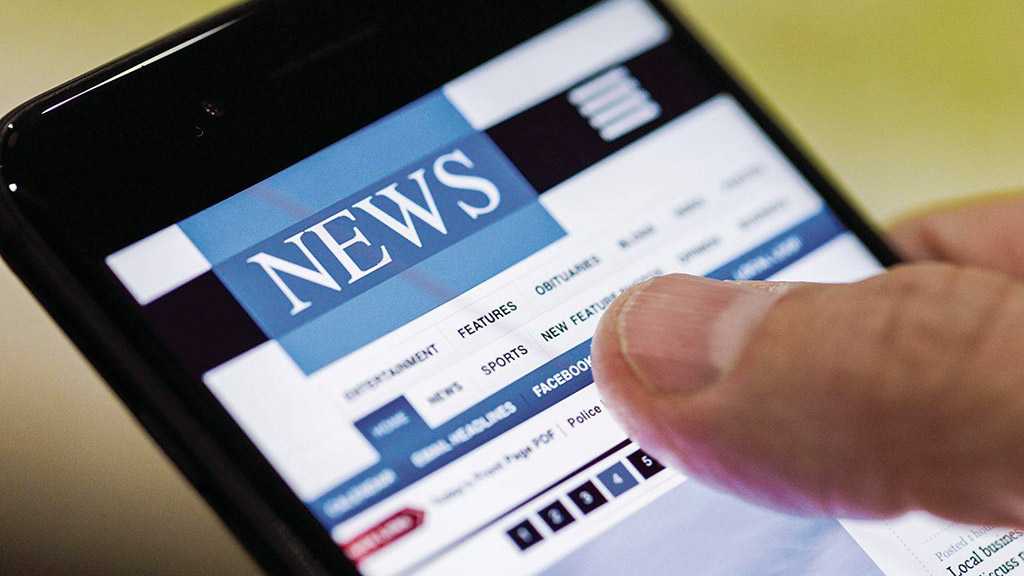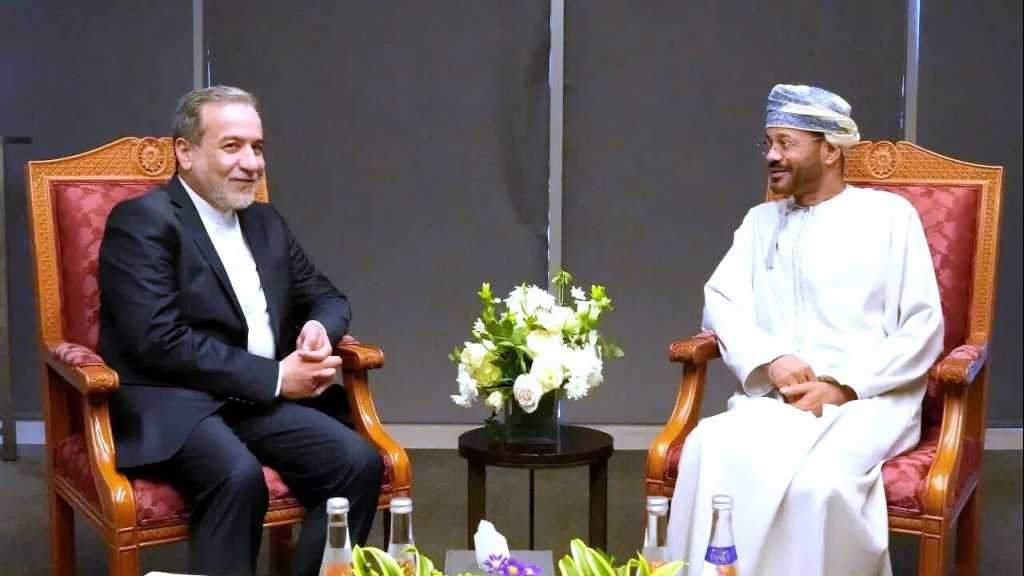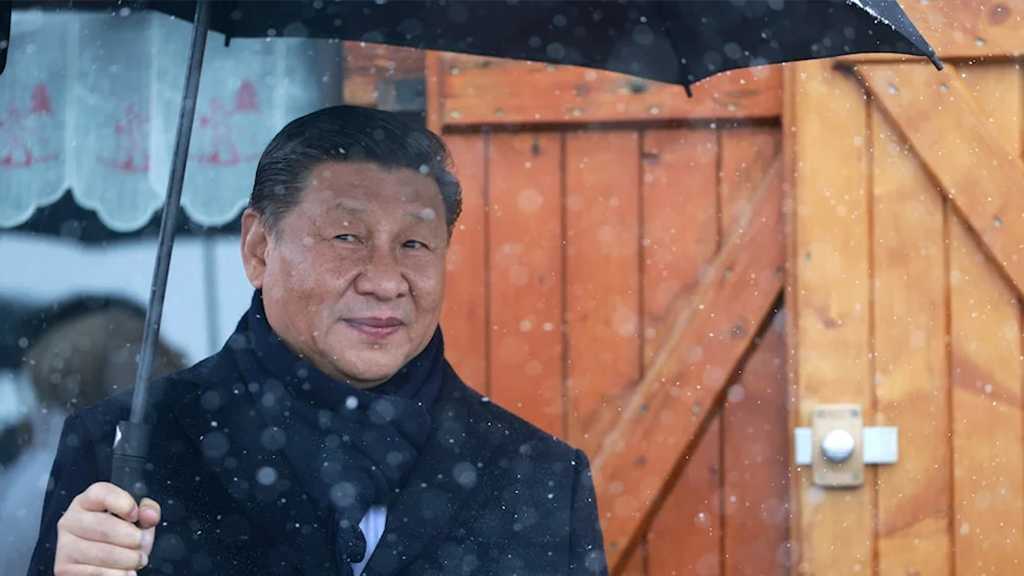Myanmar Cuts Facebook Access as Military Tightens Grip Following Coup

By Staff, Agencies
Internet and news services continued to be disrupted across Myanmar on Thursday, as the country's military sought to secure their grip on power after deposing the democratically-elected government earlier this week.
Aung San Suu Kyi, the country's de facto leader, along with President Win Myint and dozens of other senior figures in their National League for Democracy [NLD] were detained in pre-dawn raids Monday. Hours later, the military declared that power had been handed to commander in chief Min Aung Hlaing, in response to unfounded allegations of election fraud. A state of emergency was declared for one year.
Late Wednesday, an arrest warrant was issued for Suu Kyi over unspecified "import and export" offenses, while Win Myint was remanded in custody under the country's Disaster Management Law, according to an NLD spokesman.
While the dramatic overthrow of Suu Kyi's government attracted international attention, continued disruptions to internet access and communications mean that many in Myanmar may still be unclear about what is taking place.
Facebook, by far the largest online platform in the country, confirmed to CNN that its services were "currently disrupted for some people" as of Thursday morning, as independent monitors recorded widespread filtering of Facebook, WhatsApp and other platforms, even as basic internet access was returning in some areas.
Limited access to news and internet could affect the ability of people to get information or organize any response via social media. At one point on Monday, the only operational TV channel was the Myanmar military-owned television network Myawaddy TV. By Wednesday, some channels, such as DVB TV, were still off the air.
Speaking Wednesday, US State Department spokesman Ned Price said Washington was "disturbed" by reports of an arrest warrant being issued for Suu Kyi.
"We call on the military to immediately release ... all detained civilian and political leaders, journalists, and detained human rights activists and to restore the democratically elected government to power," Price said, adding that President Joe Biden viewed the military's actions as a "direct assault on the country's transition to democracy and the rule of law."
So far, resistance to the coup has been relatively limited, both in part due to communications difficulties, and long memories of previous brutal crackdowns by the military, while ruled the country with an iron-grip for so long.
Doctors have pledged to go on strike, despite the coronavirus pandemic which is still dogging Myanmar, and there have been scattered calls for protests and work stoppages issued online, some in the name of the NLD.
Assistant Doctors at Yangon General Hospital released a statement pledging their participation in the "civil disobedience movement," saying they will not work under a military led government and called for Suu Kyi's release.
Video showed medical workers in Yangon outside the hospital Wednesday dressed in their scrubs and protective gear, while wearing red ribbons.
Myanmar's Ministry of Information warned the media and public Tuesday not to spread rumors on social media or incite unrest, urging people to cooperate with the government following Monday's coup.
"Some media and public are spreading rumors on social media conducting gatherings to incite rowdiness and issuing statements which can cause unrest," the statement read. "We would like to urge the public not to carry out these acts and would like to notify the public to cooperate with the government in accordance with the existing laws."
Fear of the military could be a powerful preventative against concerted action.
"When the military was last in charge, political prisoners like me were rounded up, sent to prison for decades, [put in] solitary confinement and tortured. We are concerned that if this state of emergency is not reversed, similar things will happen again," said Bo Kyi, co-founder of the Assistance Association for Political Prisoners, and a former detainee himself.
"There is a fear that the military could continue persecuting officials, activists and crack down on ordinary people. But we have hope that Burma can return on its democratic path."
Comments




